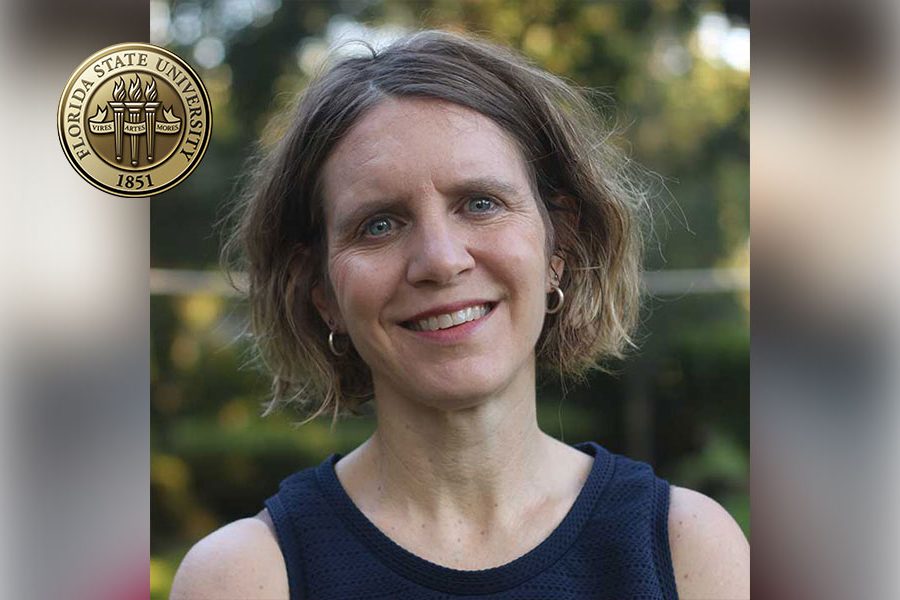
A multidisciplinary research team at Florida State University received a grant from the U.S. Health Resources and Services Administration (HRSA) to study the safety nets of low-income mothers and their families.
Melissa Radey, professor at the College of Social Work, is principal investigator and leads the study. Her research focuses primarily on improving the lives of low-income single mothers and their families as well as the frontline workers who serve them. The research team includes Lenore McWey and Qiong (Joanna) Wu from the College of Health and Human Sciences and Eugenia Millender from the College of Nursing.
The $100,000 grant was awarded through HRSA’s Maternal and Child Health Secondary Data Analysis Research Program. The program funds research projects that address health equity and access to high-quality and equitable health services for mothers and children, along with strengthening the public health capacity and workforce serving these populations.
The research team will examine data from the Fragile Families and Child Wellbeing Study to examine how safety-net timing at certain points in child development, duration and stability influence mental and physical health outcomes for mothers and children living in poverty.
“By examining the Fragile Families data, we can gain understanding about how low-income families combine government program support with in-kind support from family and friends to form safety nets,” Radey said. “The study also provides the opportunity to advance knowledge about context-specific pathways between safety nets and maternal and child health outcomes for low-income families. We can inform policy by targeting appropriate policies at the right time to families who can benefit most.”
A key component of the study is its aim to identify how poverty and gaps in safety nets disproportionately affect families of color, particularly Black and Hispanic families in the United States. “Poverty, race and ethnicity are key social determinants of health,” said Millender, an associate professor of Nursing. “These paired with the environmental and social conditions of where you are born and live affect development, health, and mortality outcomes over time.”
The study also seeks to inform public safety net service provision. McWey, a professor and the director of FSU’s Marriage and Family Therapy doctoral program, explained: “The U.S. spends billions of dollars on public benefit programs every year, but there are still families, particularly low-income families and families of color, who are falling through the cracks.”
Low-income families commonly rely on assistance from government agencies, non-profit groups, friends and family members.
“How and when they access supports — or lack access to such supports — can contribute to significant health disparities, among both mothers and children,” said Wu, an assistant professor of Marriage and Family Therapy.
Using a racial-equity lens, the study will examine how poverty, race and ethnicity, and safety nets combine with other factors to affect health outcomes for mothers and their children.
“Understanding how public and private supports contribute to health can lead to a better allocation of resources,” Radey said, “and continue to address socioeconomic inequities, including those based on race and ethnicity.”




